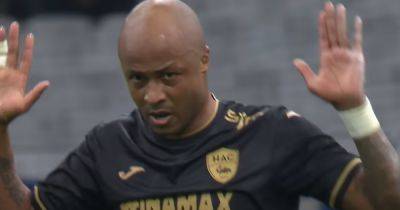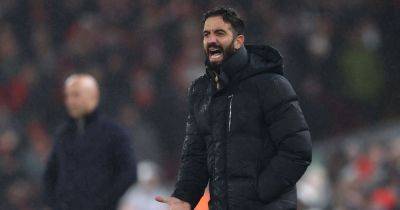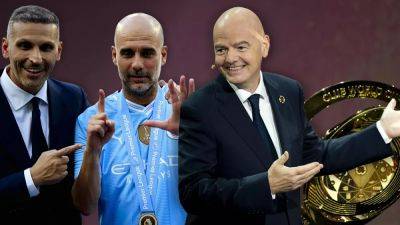What to know about 7 candidates running to be International Olympic Committee president
Seven International Olympic Committee members are running as candidates to be the next president in its first election since 2013.
Their newly published manifestos show broad consensus on some issues and challenges for the IOC and global sports: Climate change and sustainability, engaging with youth via social and digital media in the fast-changing broadcasting landscape, harnessing AI, protecting women's sport.
There are clear differences in whether to pay prize money to Olympic athletes and how to engage more than 100 members — their voters at a March 18-21 election meeting in Greece — in shaping the IOC's future and picking host cities.
The winner will succeed Thomas Bach, whose executive-style presidency formally ends on Olympic Day, June 23, after a three-month transition period.
The two-time men's 1,500-metre gold medallist represents the biggest challenge to the Olympic establishment though insists: "This is not a broken movement. It has," he suggests, "to reset around sport."
Running track and field's governing body, Coe has paid prize money to Olympic champions, been tough on doping and promoted fairness in women's track and field. He promises to "advocate for clear, science-based policies that safeguard the female category."
He says IOC voters have told him "decision-making is overly centralized" and pledges "rebalancing of the roles and responsibilities," while giving athletes "meaningful" input in decisions. "I am good at building teams. I don't micro-manage," he says, using a label others have put on IOC president Thomas Bach.
At age 68, Coe is nearing the IOC's retirement age of 70 and would need an exemption to stay in office. He promises to seek re-election after four years, half of the statutory first








